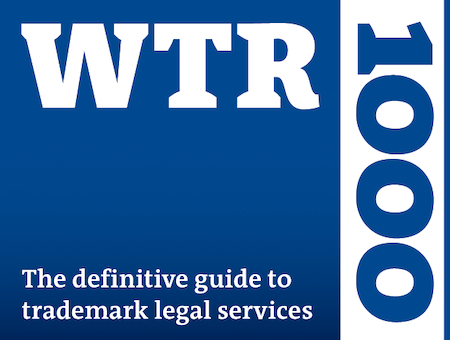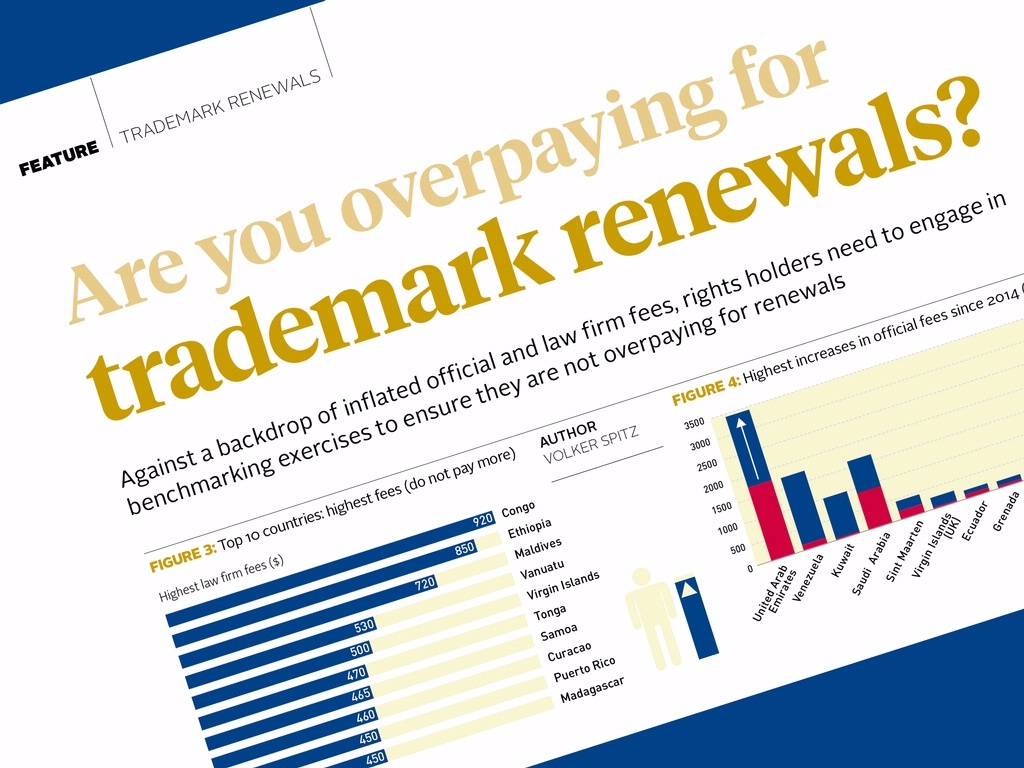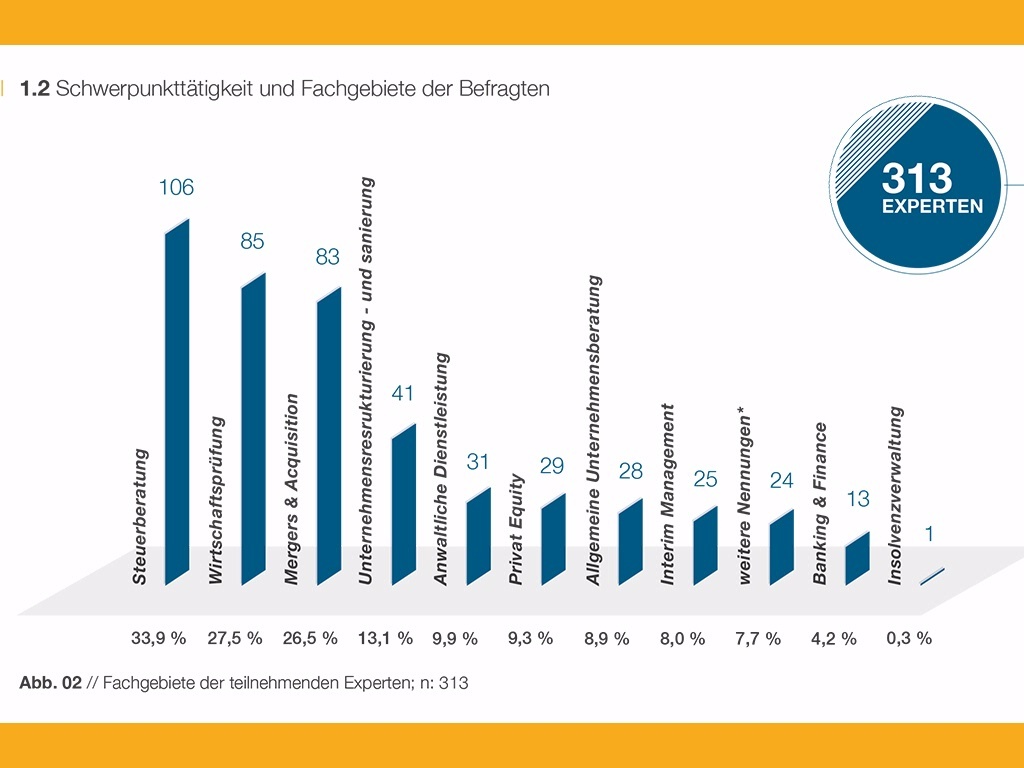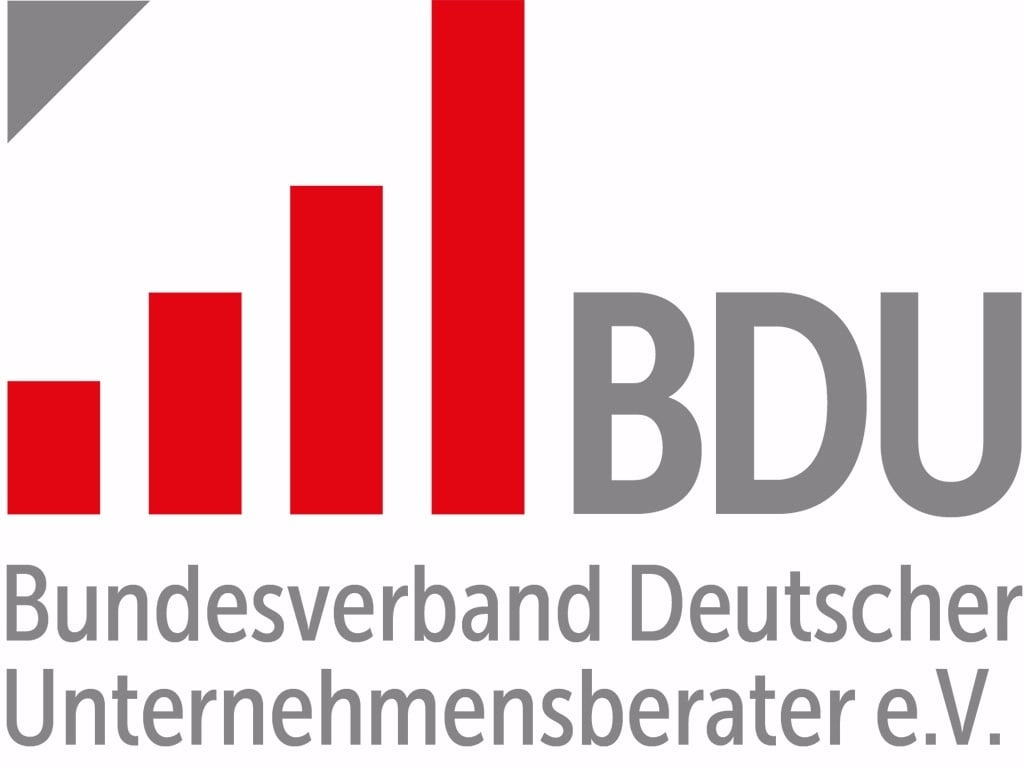There is a lot that goes into intellectual property management. You may have just one portfolio to start with, or perhaps your business has been around for a while and you have many. Regardless, we know sometimes it can be enough to make your head spin.
You have plenty of other things on which you could be focusing your attention at the office. You don’t want to feel overwhelmed when there are so many moving parts and you have various people counting on you, whether it’s your coworkers or clients. Some companies prefer to do everything in-house while others look to an external partner to help them stay on track and catch all the little details.
There are advantages and disadvantages to each option. We’d like to get you on a path to better understanding what goes into both so you can make an informed decision. Read on as we explore what you need to know about in-house vs outsourced intellectual property services — what they are, how they’re different, and how to determine which is right for your organization.
5 Advantages of Choosing NOT to Outsource Intellectual Property Services
For many businesses, the decision to manage their intellectual property portfolio internally or externally can be influenced by a variety of factors:
- Business size
- Type of organization
- Product portfolio
- Number of competitors in the market
- Number of resources available
- Potential and future growth of the portfolio
- And many more
In this section, we’ll look at some of the advantages of managing your portfolio internally.
- Small and early-stage businesses with a limited intellectual property portfolio and internal legal resources are usually capable of handling the associated administrative work. As such, if you have a limited budget to work with, it can be more cost-effective to manage your portfolio internally during the early stages of your business. However, even as a small business, the importance of intellectual property to the security of your business should not be underestimated.
- Maintaining a strong intellectual property portfolio requires considerable cross-team communication and collaboration to capture and share all of the relevant data between the stakeholders. This process is usually easier to maintain in a lean organization with small, internal teams.
- In larger organizations, it can be costly, yet advantageous, to hire and manage intellectual property specialists internally, as their sole focus is on your business and strategy. This way, they can provide unique perspectives as insiders with in-depth knowledge of your organization and its direction.
- Depending on your industry, it can be valuable to maintain your intellectual property resources internally for security reasons. Businesses with trade secrets will sometimes adopt high levels of security over their intellectual property to prevent it from being compromised through data breaches. This is usually in cases where all proprietary information must remain onsite; or the time, resources, or cost to assess the security of external vendors is prohibitive.
- If your business deals primarily in the legal sector, you may already have an abundance of highly skilled and knowledgeable intellectual property specialists within your organization, as well as access to the relevant tools and resources. As such, it may be more cost-effective to leverage internal resources.
There are, of course, an abundance of situations where it can be more beneficial to have your intellectual property managed externally. Continue on to see why bringing on an outsourced partner that specializes in intellectual property services can be particularly favorable — and why you might actually be at a disadvantage if you continue to handle everything internally.
Why You SHOULD Opt to Outsource Intellectual Property Services
By maintaining your intellectual property portfolio management internally, your business forgoes the opportunity to have an external perspective on managing your portfolio strategy. While it’s great to have internal intellectual property experts who are close to the business, the knowledge and experience of an external specialist contributes to developing a strong intellectual property strategy. Building a smart portfolio is the best advantage for any business.
What Does a Good External Intellectual Property Services Provider Do
Without the right resources, managing your portfolio internally can actually turn out to be more costly than working with intellectual property services. Building and maintaining an IP management team requires specialist knowledge, especially as you expand your business and add new intellectual property assets.
An intellectual property services vendor continuously maintains and assesses your portfolio to determine the costs versus potential revenue so your business knows when it’s best to unburden itself from unprofitable intellectual property assets.
Managing your portfolio internally may require focus and attention that your internal team cannot afford to provide during that time. For instance, if your company is launching a new product and your legal team is overwhelmed by the administrative work involved with intellectual property applications, an IP consultant can take the overflow work. This way, you offload the burden of hiring, managing, and potentially downsizing your staff.
If your business is fairly new, it may not make sense to invest a large proportion of your budget into in-house intellectual property tools and resources. This can become costly and prohibitive. As such, managing your portfolio internally means you cannot access the same tools and resources as your competitors. By working with external intellectual property services, you’d have the benefit of specialist intellectual property resources at a significantly lower cost to your business.
Limited availability of internal resources within your organization may also be limiting the potential growth of your IP portfolio. This can result in lost future earnings for your business — or worse, a new market competitor with a similar offering that puts you out of business. Capturing all potential intellectual property assets is the most crucial part of securing your place in the market while your company grows. It protects your competitive advantages from infringement while hindering market entry to your competitors.
Effectively managing your intellectual property portfolio directly impacts the return on investment of your company. It also provides you with a competitive edge that restricts potential competitors from easily entering the marketplace with a similar product, process, or brand.
However, intellectual property portfolio management requires in-depth, expert knowledge of how to maximize the potential for each IP asset and your consolidated portfolio. This makes managing your portfolio internally a difficult route to follow.
It Might Be a Mistake to Manage Intellectual Property Services Internally: 5 Reasons to Outsource
Here are a few reasons why it may be best to work with outside intellectual property services to manage your IP portfolio:
1. Intellectual property services providers have more experienceWhen developing and managing your intellectual property portfolio strategy, it’s important to bring as much knowledge and experience to the process as possible. IP providers consult, develop, and manage IP strategies for many companies in a wide variety of industries, each with their own unique set of requirements.
Using a wealth of experience, an intellectual property services partner guides the development of a smarter IP portfolio that aligns with your business strategy and maximizes your IP assets.
This way, you can leverage the knowledge of industry experts to develop a strong, competitive, and productive portfolio that is closely aligned with your core business strategies. They also help you navigate unique legal obstacles your business may face when acquiring new intellectual property assets.
2. You can save valuable resources
The ongoing process of aligning your IP portfolio with your corporate strategy requires attention to detail and constant adaptation to suit your business needs throughout its lifecycle. Capturing, protecting, and leveraging your intellectual property assets can put a strain on your company’s resources, especially when your team needs to focus on innovation rather than commercialization.
An intellectual property services provider will help you maximize the commercial benefits of your IP assets from an early stage. They increase the lifetime value of your portfolio by ensuring that your intellectual property assets consistently provide value to your corporate strategy. Meanwhile, your company’s internal resources are unburdened from the ongoing demanding requirements of portfolio management.
3. Expand the horizons of your intellectual property portfolio
There are several types of intellectual property protection that can apply to your business. Do you have a unique method for manufacturing your product or providing your service? Have you trademarked all elements of your corporate identity? Did you copyright the written and visual materials that support your inventions or services? And do you leverage your IP assets by licensing, paying royalties, selling, or enforcing?
An intellectual property services provider strengthens your portfolio strategy by working with your team to capture all potential assets in your portfolio and ensure they’re being used effectively. This may include strategic assets your business doesn't use, which prevent a competitor from gaining a foothold in the market. As such, your business strategy and intellectual property portfolio becomes consistently aligned for maximum performance and profitability.
4. Lack of relevant internal resources
Developing an intellectual property portfolio requires a unique combination of knowledge, platforms, and resources, and can be unnecessarily expensive to build in-house. Therefore, many businesses look to intellectual property services providers to access valuable resources in a cost-effective manner.
An IP provider delivers the same — or better — standard of service for a fraction of the cost of maintaining in-house intellectual property management teams. Using an IP provider, your company can access high-quality resources that are crucial for optimizing your portfolio. For instance, data resources can be used to quickly profile the risk and reward of different IP assets so your team can make smarter decisions and reduce potential costs.
5. Knowledge is power
Your intellectual property portfolio is the most valuable part of your business. It’s one of the first aspects of your company that current and potential investors will evaluate. This is because your intellectual property portfolio is the only part of your business that protects you from new market entrants.
Building a smart portfolio provides the strongest level of protection for the future of your business. You will want access to the most knowledgeable contributors to build different strategies for your IP portfolio in order to effectively capture, protect, and leverage each of your intellectual property assets. These assets should work cohesively in order to make up a strong portfolio.
Consulting with an IP provider enables you to leverage the knowledge and resources of industry-leading experts so you can maximize the potential of your intellectual property portfolio.
Having a Full-Service Intellectual Property Services Partner Taking Care of Your Portfolio
When corporate intellectual property council looks to external partners to assist with their IP portfolios, it can be difficult to identify who to work with. There are countless providers in the market: some with seemingly similar offerings, and many focused on a small area of portfolio management.
Don’t Settle for a Fragmentary Job
It’s tempting to assume that a piecemeal approach — where one company helps you with renewals, and another with searches, and so on — would work effectively due to the fact that the companies you choose are probably specialists in their particular areas of expertise.
In most companies, however, intellectual property is not treated as if it were a series of small issues, but rather, as a whole area for a team to manage. That’s why companies have IP departments, not different departments dealing with every stage of the process. It’s also why, when it comes to engaging external partners to take care of your intellectual property portfolio, it makes sense to look for a provider that offers a similar, holistic service.
The Full-Service Touch: Having Your Back
Full-service partners for IP portfolio management are rare, but they do exist. As long as you are confident such a provider can properly manage your company’s needs, it’s likely to be a far more effective option than using multiple providers or dividing the work between outsourced and in-house employees.
A full-service solution has many benefits, but perhaps the two most important have to do with cost and management. One reason a company might outsource intellectual property portfolio management is to save time and resources. However, it is unlikely that you will save time or resources by replacing an internal issue with multiple different external relationships, all of which require management from the corporate client.
With an intellectual property services provider that’s truly full-service, you have a single point of contact who can manage relationships across all areas of the work, meaning you don’t need to waste precious resources. You should also have total cost transparency. Our clients, for example, negotiate a flat fee agreement which forms part of the service level agreement (SLA) between the two parties. This allows you to budget effectively and provides reassurance that there won’t be any surprises in your invoice.
Ideally, as we like to do with our clients, you should have the ability to define from the start exactly what level of service is required, ranging from relatively small, one-off projects right through to a level where the intellectual property services partner takes on the entire IP portfolio. They’d work with external councils on your behalf, managing filings, recordals and renewals across your portfolio, external counsels' costs benchmarking, name creation, searches, and much more.
Because external providers may work with a large network of clients, a full-service option is likely to be less expensive than doing things in-house. Because of this, you will benefit from certain economies of scale and be able to take advantage of the existing institutional knowledge of your provider.
The Right Vendor Has the Tools to Give You An Edge
You may also benefit from technologies specifically developed to make the involved processes less error-prone and more efficient. This could include artificial intelligence and machine learning programs that will ultimately streamline the entire process of IP portfolio management.
As the complexity of international business increases — and with it, globalization of commerce — it is likely that IP portfolio management will grow increasingly difficult over time.
Corporate intellectual property counsel can focus on the core of what they do confidently — developing strategy, leading decision-making on enforcement, and helping the business to develop — knowing that they have found a solution to challenging tasks of maintenance, filing, and so on. A full-service provider is a key weapon in your toolkit to help both increase effectiveness and reduce stress.
Bringing on an external IP services partner allows your team to relax a bit knowing it has its own IP project leader looking out for them. Next, let’s learn how more work gets done and there’s less pressure when things are more organized and led in a streamlined direction. This information may very well take some of the weight off your shoulders.
The IP Services Project Leader: Your Personal Guardian of IP Rights
When you consider the role of an IP project leader in a company, you’ll likely usually see them as leaders who manage an intellectual property portfolio. However, their responsibilities can extend much further than that.
Their role encompasses building an IP portfolio that considers the short and long-term company goals while overseeing the day-to-day operations of the intellectual property department. They also work collaboratively with other IP professionals to manage the intellectual property portfolio. Here are a few ways in which their role and responsibilities can help to protect your IP rights.
- Senior advisor with in-depth knowledge
Navigating the intellectual property requirements of different industries can be very challenging. It requires industry-specific experience, subject-matter knowledge, and a good grasp on performing due diligence, including assessing, capturing, and protecting IP assets. An IP project leader provides advice based on a combination of legal, business, and industry knowledge.
In many cases, they’re required to navigate many issues in evolving landscapes, so they must be able to adapt to change. This may also require education and experience in a non-legal subject, such as completing a graduate-level degree or working in a non-legal role. This makes them a valuable asset when building a portfolio and enforcing intellectual property rights.
- Always on-hand for advice
In order to be an effective senior advisor, an IP project leader must be ready and able to provide advice in a clear, concise, and informed manner. Thus, they’re usually the go-to person for advice on intellectual property management within an organization, and other topics that may not be directly related to IP. They’re viewed not only as a legal advisor, but also as a trusted business advisor.
By providing this level of council, the intellectual property project leader has a far-reaching and in-depth knowledge of how the organization functions, which can be very beneficial to building and protecting an IP portfolio.
- Leading direction, growth, and people
As mentioned, an intellectual property project leader must acquire a high level of knowledge in multiple areas in order to form legal opinions that can pivot and guide a company in the right direction. This means they are in a position of leadership, whether direct or indirect.
As a direct leader, they organize and support the IP department to complete work, such as material transfer agreements (MTA), confidential disclosure agreements (CDA, also known as an NDA), licensing agreements, patent filings, risk and mitigation evaluations, due diligence assessments, and many more.
They must ensure that their team completes their work to a standard that safeguards all intellectual property assets in a portfolio. As such, they allocate adequate resources, oversee task progress, and drive the intellectual property team in a strategic manner. In addition to providing leadership to direct reports, an IP project leader also has a strong influence on the direction and growth of a company.
Given their unique perspective as a legal and business advisor, they are highly capable leaders who can provide advice on complex matters related to intellectual property rights in various situations, such as mergers, acquisitions, sales, and other organizational changes.
- Cross-functional team leader
It’s common for an intellectual property project leader to provide advice and maintain collaborations across many departments within an organization. By consulting with various personnel and developing strong, collaborative relationships, they embed themselves across the business. The purpose of these collaborative efforts is to promptly gather and communicate accurate information related to IP matters.
Additionally, while it’s important to develop a strategy to protect your intellectual property rights, it is also necessary to communicate that strategy across your organization. This responsibility of the IP project leader may be viewed as the most challenging, as it requires a strong grasp on relevant business, finance, industry, and legal knowledge as well as strong leadership, management, organizational, and interpersonal skills.
All things considered, the unique perspective and position of the intellectual property project director within a business ensures that its IP assets are strategically managed and, furthermore, that the IP rights of those assets are adequately safeguarded.
This is what it feels like to have an expert third-party intellectual property services partner on your side. In our case though, it’s not just one person that’s behind you — it’s a whole team that forms the net to catch you if you fall (or proactively stop the fall from happening in the first place). If that sounds like a blessing, continue on to the next chapter — we think you’ll like it.
You No Longer Need to Worry About Managing IP All on Your Own
Intellectual property is one of the greatest drivers of value in any business, but it can also be a huge headache for corporate intellectual property counsels. Keeping your IP portfolio on track often seems like a never-ending management task. Each element that contributes to managing IP may be fairly straightforward, but when looking at it collectively, there are so many moving parts that eventually something is bound to go wrong.
What if there was a way to ease that stress and not have to think about the possibility of situations creeping toward disaster? What if someone else could worry about managing IP for you? It would allow IP corporate counsels to focus on the core of their role — deciding strategy, advising the business on risk and opportunity, and making a real difference.
A third-party intellectual property services provider can take on that responsibility for you. Your entire IP portfolio management can be put into the hands of a trusted partner — and one that’s fully integrated with your internal functions as well as the way you currently manage your IP.
Imagine that you have a new product for which you want to develop and maintain a brand. You need a name for it. An outsourced intellectual property services provider can help manage that name creation project. They can also secure the relevant intellectual property assets that go with the name you develop together. This can be either in collaboration with your existing external counsel network or through its own network of preferred suppliers. Either way, it should be clear by now that managing IP will have become a whole lot easier for you.
Once you have your IP, your job isn’t done there — you need to maintain it and check that no one infringes against it. Your intellectual property services partner can handle all your renewals, assignments, and recordals for you, as well as securing any relevant domain names and guiding your strategy going forward. They can also represent you before courts and at intellectual property offices across Europe (including at the European Court of Justice).
Even with the best protection and preparation available, there’s a good chance that at some point you will commit identify infringement of some sort. An outsourced intellectual property services provider has a monitoring service offering a great base for you to identify and gather evidence of infringement — including making test purchases, so you don’t have to — in order to build a case and inform the next steps.
If you want to keep the train on the tracks, so to speak, but your department doesn’t want to constantly worry about managing the train on its own, there is a solution. We’ll help you figure out a way to make these processes effective and stress-free.
Next Steps to Take in Navigating the World of Outsourced Intellectual Property Services Providers
Managing IP is an exercise in reducing risk and maximizing value. Doing it effectively can also be an exercise in detail — that is, making sure all your bases are covered, all your boxes ticked, and all your potential threats monitored. This is a cumbersome and exhaustive process, and one which in-house IP departments may not have the resources to manage productively.
With Brandstock, you know you have a partner who understands what your intellectual property means to your business and the level of care required to manage that IP.
Whether it’s saving money, saving time, or even just having that extra layer of confidence that your company is secure, outsourcing an IP professional might be worth it to your business — consider the many advantages you’ve read about and lack of “cons.”
Every company is different and will have unique needs. Get in touch to learn more about the advantages of partnering with outsourced intellectual property services, and let us help you determine whether or not we are just what your organization needs. If you’re not ready for a conversation just yet, we encourage you to download this invaluable FREE resource on how to define your strategy, which is crucial to ultimately earning more for your business.










































































